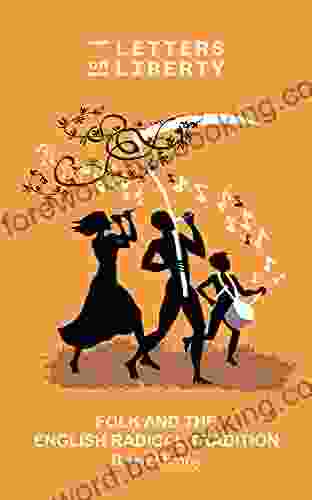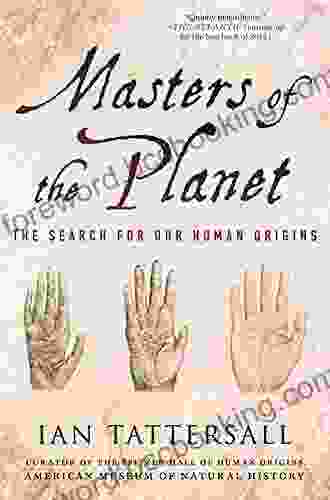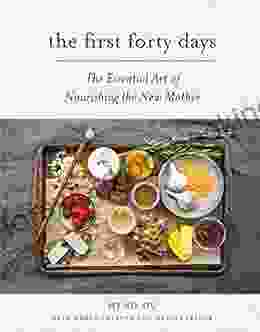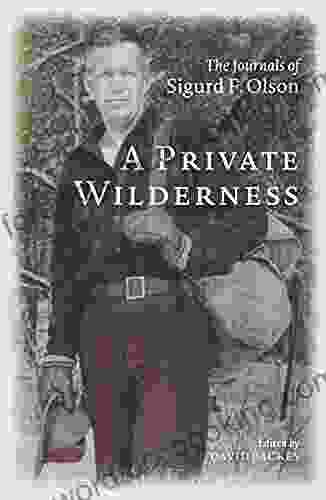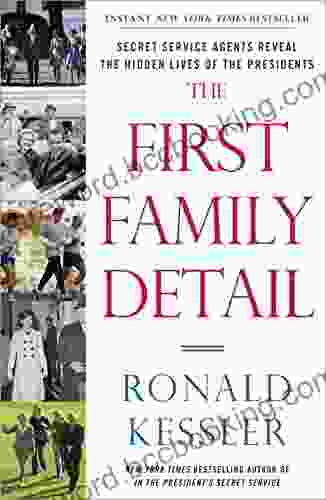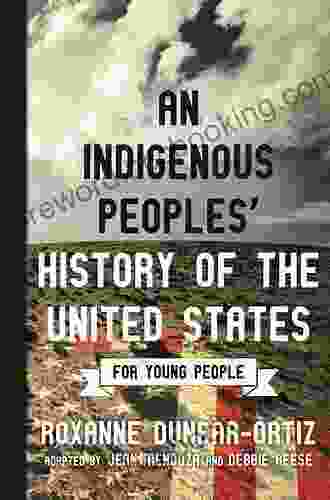The Enduring Spirit of Resistance: Folk Music and the English Radical Tradition

Throughout history, folk music has served as a powerful voice for the marginalized and oppressed. In England, this tradition has a particularly deep and rich history, stretching back centuries. From the rebellious songs of medieval peasants to the protest anthems of the 19th century, folk music has provided a platform for ordinary people to express their grievances and aspirations.
This article will explore the enduring legacy of folk music in the English radical tradition. We will examine the key themes and figures associated with this tradition, and how it has continued to inspire and empower activists and musicians alike.
4 out of 5
| Language | : | English |
| File size | : | 1167 KB |
| Text-to-Speech | : | Enabled |
| Screen Reader | : | Supported |
| Enhanced typesetting | : | Enabled |
| Word Wise | : | Enabled |
| Print length | : | 20 pages |
| Lending | : | Enabled |
The Origins of English Folk Music
The roots of English folk music can be traced back to the Middle Ages. During this period, wandering minstrels and troubadours traveled the countryside, entertaining the common people with songs and stories. Many of these songs were political in nature, satirizing the ruling classes and celebrating the struggles of the poor.
As England underwent a series of social and economic transformations in the 16th and 17th centuries, folk music continued to play an important role in expressing popular discontent. The Enclosure Acts, which privatized common land, dispossessed many peasants and forced them into poverty. This led to a wave of folk songs that protested the loss of traditional rights and livelihoods.
The Radical Tradition in the 19th Century
The 19th century saw a resurgence of the English radical tradition in folk music. This was due in part to the rise of the labor movement and the Chartist movement, which advocated for political and economic reforms. Folk singers such as Chartist leader Ernest Jones wrote songs that celebrated the struggles of the working class and called for social justice.
The Victorian era also saw the emergence of a new generation of folk song collectors, such as Cecil Sharp and Maud Karpeles. These collectors traveled the countryside, documenting and preserving traditional songs. Their work helped to bring folk music to a wider audience and inspired a new generation of singers and activists.
Folk Music in the 20th Century
In the 20th century, folk music continued to play a vital role in the English radical tradition. During the Spanish Civil War, folk singers such as Woody Guthrie and Pete Seeger wrote songs of solidarity with the Republican cause. In the 1960s, folk music became a powerful force in the civil rights movement and the anti-Vietnam War movement.
In recent years, folk music has continued to be a source of inspiration for activists and musicians alike. Singers such as Billy Bragg and Kate Tempest have used folk music to address contemporary issues such as social inequality, environmental degradation, and the rise of fascism.
Key Themes in the English Folk Radical Tradition
The English folk radical tradition is characterized by a number of key themes, including:
- Resistance to oppression: Folk songs have often been used to express the grievances of the marginalized and oppressed. They have celebrated the struggles of the poor, the working class, and other groups who have faced discrimination and injustice.
- Social justice: Folk singers have long been advocates for social justice. They have written songs that call for an end to poverty, inequality, and war. They have also celebrated the work of ordinary people who have made a difference in the world.
- Community: Folk music is often rooted in a sense of community. Folk songs are often passed down from generation to generation, and they can help to create a sense of belonging and shared experience.
- Tradition: Folk music is a living tradition that has been passed down through the centuries. It is constantly being updated and reinterpreted by new generations of singers and musicians.
Influential Figures in the English Folk Radical Tradition
Throughout history, there have been many influential figures in the English folk radical tradition. Some of these figures include:
- William Blake (1757-1827): A poet, artist, and visionary who wrote songs that celebrated the poor and oppressed. He is considered one of the most important figures in the English radical tradition.
- Ernest Jones (1819-1869): A Chartist leader and folk singer who wrote songs that called for political and economic reforms. He was one of the most influential figures in the radical tradition of the 19th century.
- Cecil Sharp (1859-1924): A folk song collector who helped to preserve and revive the English folk tradition. He collected over 5,000 songs and tunes, which he published in a series of books.
- Woody Guthrie (1912-1967): An American folk singer who wrote songs about the struggles of the working class and the poor. He was a major influence on the folk revival of the 1960s.
- Billy Bragg (born 1957): A British folk singer who has written songs about social and political issues. He is one of the most important figures in the contemporary folk radical tradition.
The Legacy of the English Folk Radical Tradition
The English folk radical tradition has had a profound impact on English culture and society. It has provided a voice for the marginalized and oppressed, and it has helped to inspire social and political change. The tradition continues to thrive today, with new generations of singers and musicians carrying on the legacy of their predecessors.
The folk radical tradition is a testament to the power of music to inspire and empower people. It is a tradition that is rooted in the past, but it is also a tradition that is very much alive in the present. As long as there is injustice in the world, there will be a need for folk music to speak out against it.
The English folk radical tradition is a rich and vibrant tradition that has played a vital role in the history of English music and culture. It is a tradition that has celebrated the struggles of the marginalized and oppressed, and it has helped to inspire social and political change. The tradition continues to thrive today, with new generations of singers and musicians carrying on the legacy of their predecessors.
The folk radical tradition is a reminder that music can be a powerful force for good. It can inspire people to speak out against injustice, and it can help to create a more just and equitable world.
4 out of 5
| Language | : | English |
| File size | : | 1167 KB |
| Text-to-Speech | : | Enabled |
| Screen Reader | : | Supported |
| Enhanced typesetting | : | Enabled |
| Word Wise | : | Enabled |
| Print length | : | 20 pages |
| Lending | : | Enabled |
Do you want to contribute by writing guest posts on this blog?
Please contact us and send us a resume of previous articles that you have written.
 Book
Book Novel
Novel Page
Page Chapter
Chapter Text
Text Story
Story Genre
Genre Reader
Reader Library
Library Paperback
Paperback E-book
E-book Magazine
Magazine Newspaper
Newspaper Paragraph
Paragraph Sentence
Sentence Bookmark
Bookmark Shelf
Shelf Glossary
Glossary Bibliography
Bibliography Foreword
Foreword Preface
Preface Synopsis
Synopsis Annotation
Annotation Footnote
Footnote Manuscript
Manuscript Scroll
Scroll Codex
Codex Tome
Tome Bestseller
Bestseller Classics
Classics Library card
Library card Narrative
Narrative Biography
Biography Autobiography
Autobiography Memoir
Memoir Reference
Reference Encyclopedia
Encyclopedia Steve Doocy
Steve Doocy Michael Oren Fitzgerald
Michael Oren Fitzgerald Michael Covel
Michael Covel Hildi Kang
Hildi Kang Harriet Tuppen
Harriet Tuppen Heidi Dais
Heidi Dais John Updike
John Updike Robert B Miller
Robert B Miller Henry Bennett
Henry Bennett Hernan Fontanet
Hernan Fontanet Hormel Foods
Hormel Foods Larry P Arnn
Larry P Arnn Holly Bridges
Holly Bridges Pat Sherman
Pat Sherman Larry Hammersley
Larry Hammersley Peter Compton
Peter Compton Hemanta Sundaray
Hemanta Sundaray Paul Leonardi
Paul Leonardi Renee Jain
Renee Jain Harriet Castor
Harriet Castor
Light bulbAdvertise smarter! Our strategic ad space ensures maximum exposure. Reserve your spot today!
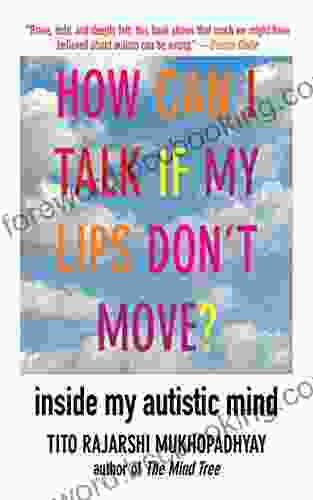
 Jackson HayesHow Can I Talk If My Lips Don't Move? Unveiling the World of Communication...
Jackson HayesHow Can I Talk If My Lips Don't Move? Unveiling the World of Communication... Blake KennedyFollow ·13.7k
Blake KennedyFollow ·13.7k Marc FosterFollow ·8.5k
Marc FosterFollow ·8.5k Tyrone PowellFollow ·15.2k
Tyrone PowellFollow ·15.2k Dylan MitchellFollow ·5.7k
Dylan MitchellFollow ·5.7k Jake PowellFollow ·12.1k
Jake PowellFollow ·12.1k Ibrahim BlairFollow ·19.5k
Ibrahim BlairFollow ·19.5k Ian PowellFollow ·5.9k
Ian PowellFollow ·5.9k Theodore MitchellFollow ·3.8k
Theodore MitchellFollow ·3.8k
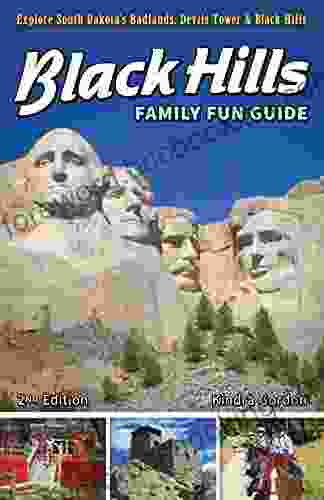
 Fabian Mitchell
Fabian MitchellUnleash the Adventure: Family Fun in the Black Hills
Nestled amidst the rolling hills...
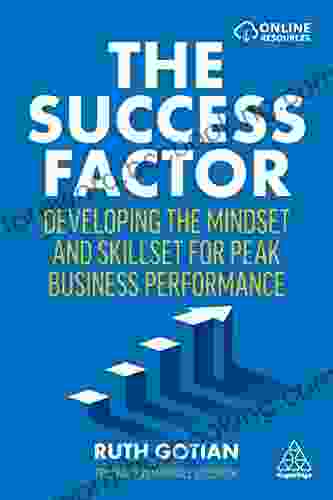
 Alfred Ross
Alfred RossUnleashing Peak Business Performance: A Journey of...
In today's rapidly evolving business...

 Fernando Bell
Fernando BellEmbrace the Prophetic Voice of Howard Zinn: A Journey...
As we navigate the complexities of our...
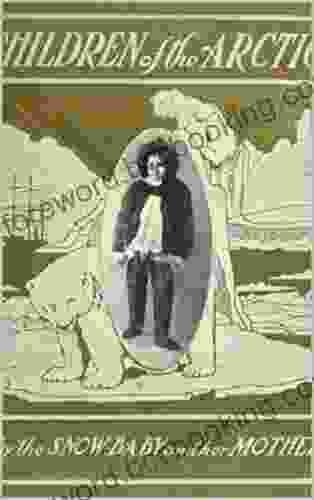
 Jonathan Franzen
Jonathan FranzenChildren of the Arctic: A Literary Expedition to the...
In the annals of...
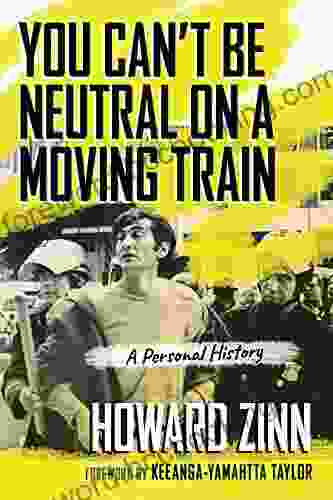
 Branson Carter
Branson CarterYou Can Be Neutral on a Moving Train: A Transformative...
Welcome, dear reader,...
4 out of 5
| Language | : | English |
| File size | : | 1167 KB |
| Text-to-Speech | : | Enabled |
| Screen Reader | : | Supported |
| Enhanced typesetting | : | Enabled |
| Word Wise | : | Enabled |
| Print length | : | 20 pages |
| Lending | : | Enabled |


